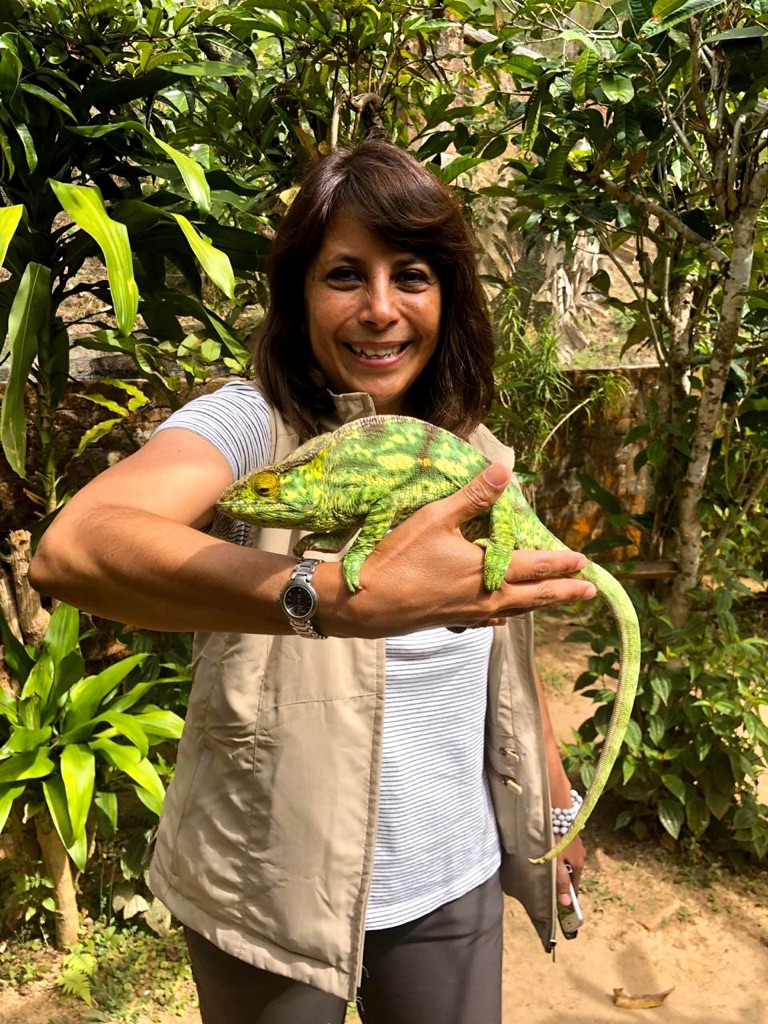
Member since Sep 2023
Laura Vargas-Parada
Studied at the Institute of Biomedical Research-UNAM Mexico where she earned her PhD degree in Biomedicine. She also has a master's degree in Molecular Biology of Infectious Diseases at the School of Tropical Medicine, London, UK and postgraduate studies in Science Communication from the Open University.
Since 1998 she has been lecturer at the School of Sciences at UNAM and has also taught Science Journalism at the School of Journalism Carlos Septien. As freelance science writer she is frequent collaborator at La Crónica de Hoy andEl Economista local newspapers. She also writes for Nature News, Nature Outlook, Aptus Health and Medscape in Spanish among other media. Author of two books for young readers she also co-edited the book “Medicine and Genomics: A New Synthesis”. In radio she has participated as science editorialist and was the scriptwriter and conductor of the program Vértice for National Radio. She was also scriptwriter and presenter for three seasons in a science television series broadcasted by public television (SPR-channel 30).
https://www.nature.com/articles/d41586-023-02053-2
2. Numerous studies over more than two decades have demonstrated a robust relationship between climate and the dynamics of human diseases, such as cholera, malaria and dengue. Changes in climate, including both long-term warming trends and short-term climate variability, might affect patterns of disease. Xavier Rodó, a computational ecologist and climate dynamics specialist at the Barcelona Institute for Global Health and the Catalan Institution for Research and Advanced Studies in Spain, spoke to Nature about how climate modelling could be used to help prepare for future disease outbreaks — and the obstacles he has faced in implementing such systems.
4. Angela Christiano, a molecular geneticist at Columbia University in New York City, was diagnosed with the autoimmune disease alopecia areata around 25 years ago. Since then, she has been unpicking the mechanisms behind this form of hair loss. She spoke to Nature about the long- neglected condition, and progress towards a cure.
https://www.nature.com/articles/d41586-021-01838-7
5. Research round-up: Precision oncology. Targeted treatments for children, a fresh approach to protein analysis and other highlights from clinical trials and laboratory studies.
https://www.nature.com/articles/d41586-020-02674-x